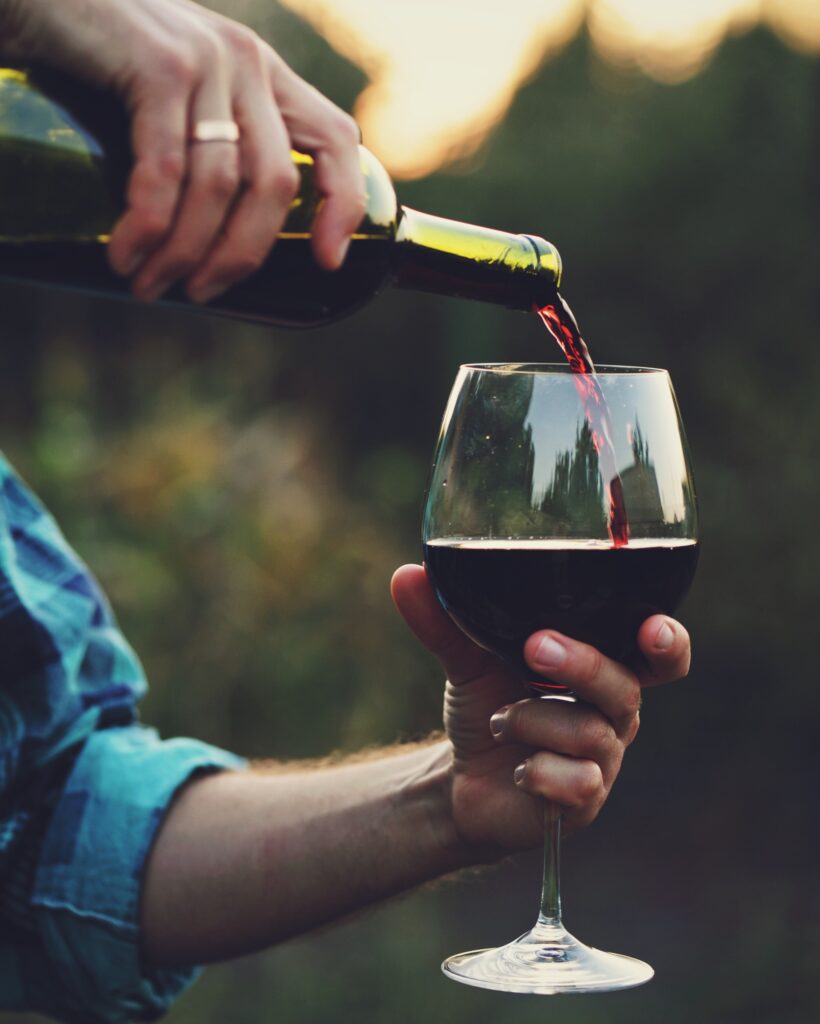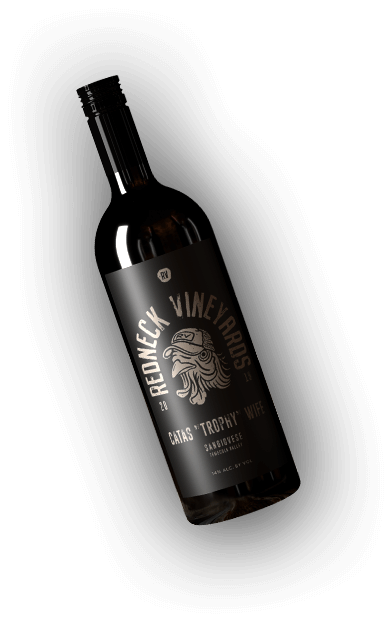Wine, Wine Pairing, Wine Tasting
How To Tell If a Wine Is Worth Aging
It may come as a surprise, but old wine is not necessarily good wine. In fact, most wines are made to be enjoyed while they are young and their vibrant fresh fruit and floral characters are at their peak. There are no hard and fast rules, but generally, red wines will be good for about five years. White wines are likely to have a shorter shelf life, being at their very best for two or three years.
However, aging a bottle of wine can be a great choice if you want to enjoy complex tertiary flavors. Wine is an organic product, and it is not static. The acids and alcohols in the bottle will continue to react as time passes, forming new compounds. As some wines age, their fresh fruit flavors become subdued, turning to dried or stewed fruit notes. Other notable characteristics can include cigar boxes, fallen leaves, and smoked meat. Trust us, they are much more delicious than they might sound!
But how do you know which wines can go the distance, and which will become lifeless, dull, or even undrinkable if you leave them for too long?
The Structure of Your Wine
If wine will benefit from being cellared for years or even decades, it needs to have the appropriate structure. This can include several factors. A wine might only have one of these, or it could balance a number of elements to give it the capacity to mature nicely in the right conditions.
- Sugar: A bottle of sweet wine is much more likely to age well than a dry one. The residual sugar in the liquid will help to preserve it. The flavor of some dessert wines is known to benefit from 50 years or even more in storage.
- Acidity: A high level of acid in wine can help it to fight off the ravages of time, resisting oxidization and the development of volatile acidity. Wines with a lower pH level (higher in acid) are naturally more resistant to the chemical changes that will occur over long periods.
- Alcohol: Like sugar, the alcohol in wine acts as a natural preservative, so the more there is, the longer a wine will likely be able to age. Regular wines cannot be made with an ABV (alcohol by volume) of more than around 15% because the yeast cannot survive after that point and will stop converting the sugars into alcohol. However, fortified wines like port have spirits added. This increases their ABV and creates some of the longest-lived wines in the world.
- Tannin: The “squeaky teeth” feeling you get from some bold red wines is caused by the tannins. Tannin acts as an antioxidant and so helps prevent a bottle of wine from oxidizing and spoiling. Tannins are found in the skins of the grape. Since red wines are left to ferment on their skins for much longer than white wines, it is typically only red wines that have a notable tannin content.
How Complex Is Your Wine?
Laying down a bottle of wine is seen as beneficial because it increases the complexity of that liquid. However, there has to be something to work with at the beginning! A simple, one-dimensional wine can be a wonderful thing; crisp, refreshing, and easy to drink. However, it will not suddenly develop exciting new layers of flavor simply because you put it away for a few years. A wine must begin with a range of aromas and a relatively intense hit to the palate for it to have room to develop in future years.
What Type of Bottle Do You Have?
A wine bottle with a cork closure will have a small pathway for oxygen to seep into the bottle. In small amounts, this oxidization can add a pleasant quality to the wine. But if too much oxygen accesses the beverage, then it will turn to vinegar. Because of this, larger bottles will age more slowly than regular-sized ones. Think of magnums or jeroboams, for example. They contain more liquid, but have the same-sized cork as a normal bottle, so relatively less oxygen can access it over the same amount of time.
Some bottles with screw cap closures have been shown to allow a minimal oxygen exchange and therefore allow wines to mature without oxidizing. So don’t think that you can cross all screwcaps off your list if you are choosing a wine with the potential to age well.
Store Your Wine Correctly
Once you have found your ideal wine to keep in the cellar, you need to make sure you treat it right. The final factor in how well a wine ages is the way that it is stored. More often than not, wines that can be aged tend to be significantly more expensive than wines that are meant to be drunk relatively young. So you need to make sure you protect your investment and don’t let it become undrinkable!
Wines that are being stored need to have a stable environment with no extremes in temperature or humidity. An idea cellar temperature is somewhere in the mid-50s degrees Fahrenheit. The wines should also be kept in the dark. Light can damage the chemical compounds in the wine in the same way that a high temperature will. “Light-struck” wines have had their aroma, flavor, and mouthfeel irrevocably damaged. Find out more in our blog post on storing wine properly.
Try Sweet Oaks wine and apply your new knowledge against our range.



